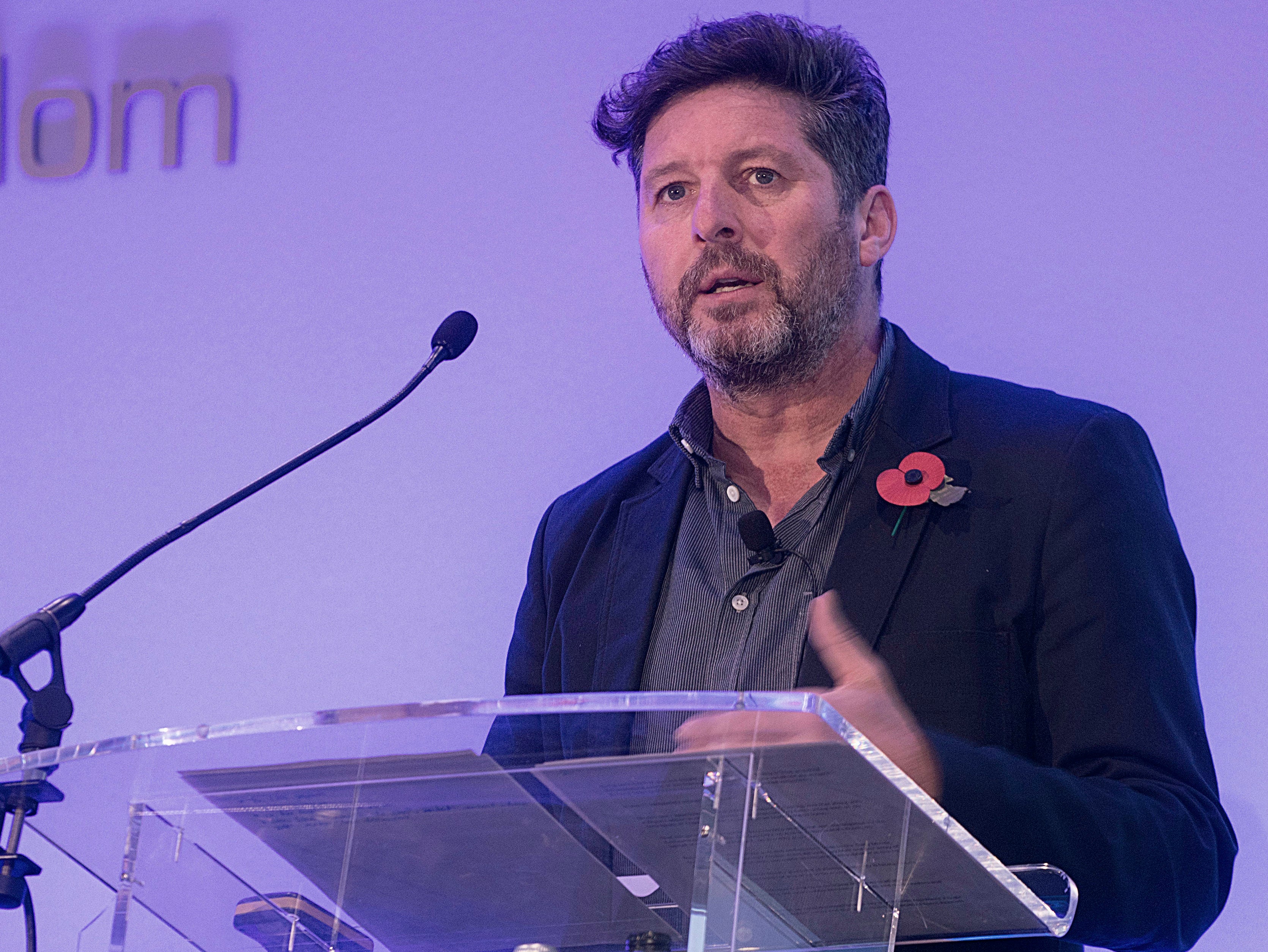
The editor-in-chief of Reach – publisher of the Mirror, Express and Star titles – has said the BBC News website is a “monster” and that life would “certainly be easier” for commercial newsbrands without it.
Lloyd Embley also accused the BBC of not following the “spirit” of its charter in seemingly chasing clicks on stories, including a glut of content about hit ITV reality show Love Island earlier this year.
Embley’s comments echo those made by Sun boss David Dinsmore at Press Gazette’s Digital Journalism Summit last month, accusing the BBC of “chasing online traffic by publishing popular news content”.
Dinsmore went head-to-head with BBC News director Fran Unsworth on a panel in June at which Unsworth said there was “certainly a public interest argument for doing Love Island” stories.
Speaking at the Society of Editor’s annual conference, held yesterday in Manchester, Embley said: “We should never have allowed the BBC website to become the all-consuming monster that it is.”
The former Sunday People editor said the BBC had some 8,500 journalists to Reach’s 2,000.
“The BBC needs to take a long, hard, look at itself,” Embley said. “This is not a level playing field.”
Pressed later on his views on the BBC News website during a Q&A, Embley said: “We just didn’t see it coming… I think it probably was deliberate policy.
“[BBC director general] Tony Hall has talked about reining in certain areas, but it isn’t enough for sure.”
He added: “I can’t get my head around [the fact] that we are paying for people to type the written word on a broadcast licence.”
Embley said weekend football coverage was something that could be put behind a paywall to generate extra revenue for news websites, but as long as the BBC ran its free coverage – which he said was “incredible” and the “go-to” – it was a “non-starter” for publishers.
In response, the BBC told Press Gazette: “The BBC charter requires us to provide impartial news for all audiences online as well as on TV and radio, and that’s what our website provides.
“We don’t seek to compete with newspapers – indeed we’re spending around £8m of the licence fee on projects working with local newspapers and news organisations.”
The BBC sends thousands of internet users each week to other publishers through links to external stories and includes newspaper reviews in its TV and radio coverage.
Embley also criticised former Guardian media blogger and ex-City University journalism professor Roy Greenslade for having said in an article last month that the Daily Star, which turned 40 on 2 November, was a “travesty of a newspaper, having lost any sense of purpose”, adding that there was “no point to its existence”.
Embley said he met Greenslade for lunch to discuss the article and asked him why he wanted to make Reach journalists redundant. He said the former Mirror editor suggested redistributing resources on to the Mirror, but had “no idea” about the business of journalism.
Embley said every Sunday newspaper in Reach’s portfolio – the Sunday Mirror, Sunday Express, Sunday People and Daily Star Sunday – was making money.
He said he had been shown a piece of paper that said the Sunday People would close in 2011, but it made £5m in profit last year.
Embley said he believed print had a future, but it was “clear some titles are struggling and have struggled” while others had closed.
He said funding journalism is “tough”, adding: “It’s clear that we need to do more than rely on digital ad revenues alone.” He said the industry needed to “innovate” and “diversify”.
On the Duopoly – Facebook and Google – Embley said: “Unquestionably there’s a lot of money swimming around and I can’t understand why more of it can’t find its way to the people who make it work.”
Facebook grew revenues by 43 per cent to more than $40bn in 2017. Google parent company Alphabet made more than $110bn in revenue last year.
Embley said changing the Brexit position of the Daily Express, which has been a prominent Leave campaigner, would be “commercial suicide – so we won’t do it”.
Picture: Society of Editors
Email pged@pressgazette.co.uk to point out mistakes, provide story tips or send in a letter for publication on our "Letters Page" blog
